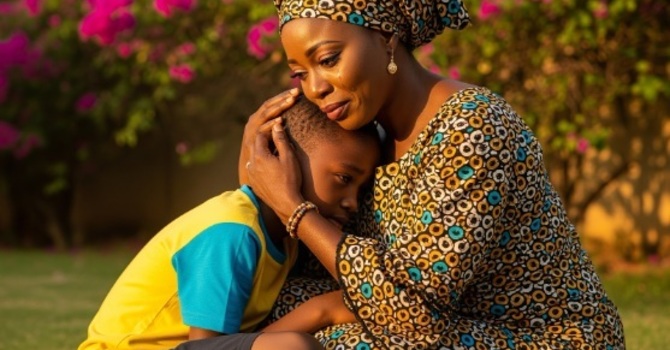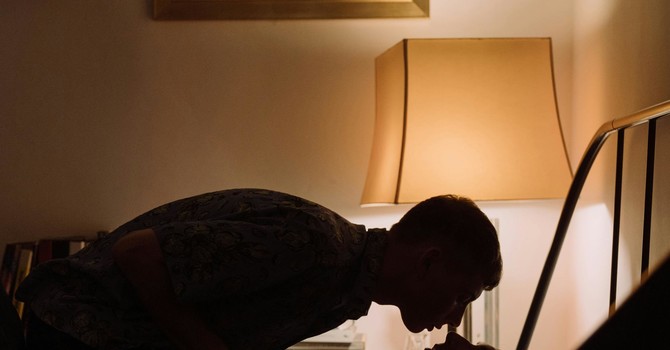
Sibling are meant to grow up and navigate life together. What happens whee you lose your built in partner in crime? Losing a brother or a sister to suicide or self-harm can shatter family relationships, alter your identity and have you wondering “Am I still a brother/sister without my brother/sister?”
While suicide bereavement has been studied in parents, spouses, and children, research on siblings’ experiences is still limited (Blaze & Roberts, 2023).
Siblings often occupy a unique — and overlooked — place in grief. You shared a lifetime of memories with your brother or sister, but you may also have had conflict, distance, or complicated dynamics. If they die, you might feel pressure to “be strong” for your parents or to find ways to hold your family together. Everyone navigates grief differently but how do you deal with your own heartbreak and intense emotions?
Why Sibling Grief After Suicide Can Feel Different
The grief of siblings bereaved through suicide is often compounded by stigma and silence. Suicide loss survivors are at higher risk for developing disenfranchised grief and complicated grief (Heeke et al., 2017).
- Disenfranchised grief happens when your loss isn’t acknowledged or validated by others. With suicide, this is common — people may avoid talking about your sibling’s death or change the subject entirely. Stigma can create worry of judgement from others or towards the sibling you just lost and this can lead to social isolation (Cvinar, 2005; Lindqvist et al., 2008).
- Complicated grief can happen when the grieving process is prolonged or intensified, making it harder to adapt to life without your loved one.
In Blaze & Roberts’ (2023) study, siblings who lost a brother or sister to suicide described three main themes in their experience:
- Shared Understanding – Feeling most supported by other siblings who had been through the same loss.
- Holding Space for Grief – Wanting people who would listen without judgment or avoidance.
- Relationships – Shifts in family dynamics, especially with parents, and painful interactions with institutions like police or the coroner’s office that made the loss feel like a “crime” instead of a tragedy
The Role of Structure in Early Grief
In the aftermath of a suicide, many siblings described feeling upside down and having difficultly navigating days and moments which their sibling would be a part of. This can be simple things like unscrewed toothpaste caps at the bathroom sink; bargaining with each other on who’s doing dishes or taking out the trash or who’s sweater is whose. Structure within the day’s micro-interactions has been lost and siblings are grasping for structure. Work can sometimes provide that, but if you’re not working or on leave, building simple daily anchors — making your bed, eating regular meals, walking outside — can help bring stability when everything life is now completely different.
Why Therapy and Peer Support Matter
Even if you have supportive friends or family, it can be hard to speak openly about suicide loss. You might feel you’re protecting others from the your grief or the discussion of suicide and self-harm, or you might worry about being judged. Therapy offers a private, stigma-free space to “dump” the heavy thoughts and feelings you’re carrying.
For some siblings, peer groups specifically for sibling suicide bereavement can also be part of the care because you’re with people who understand what you’re going through and the challenges of suicide and self-harm. Being with others who share your experience can make your grief feel more normal and less isolating.
Questions to Reflect On
These prompts can help you think about where you might need more support:
On Structure and Routine
- Since your sibling’s death, have your days felt unstructured or hard to manage?
- What small daily anchors could help you feel more grounded?
On Safe Emotional Outlets
- Do you have a space where you can speak freely without fear of judgment?
- How would it feel to have a place to “put down” the heavy things you’ve been carrying?
On Finding Shared Understanding
- Have you connected with other siblings who’ve lost a brother or sister to suicide?
- If not, what’s been getting in the way?
On Navigating Stigma
- Have you noticed people avoiding the topic of your sibling’s death?
- What would support look like if stigma wasn’t in the way?
Get Help and Speak Up
If these questions brought something up for you, it would mean that your grief needs space and attention. Therapy can offer that — a place where you don’t have to protect anyone else’s feelings, where you can speak freely about your sibling, your loss, and your life now.
Whether you’re looking for tools to manage the day-to-day, help navigating family changes, or simply a space to dump everything, support is available, especially if your brother or sister was the one you would have gone to for things like this and now you can’t - it’s #$%&ed up.
References
Blaze, P., & Roberts, R. M. (2023). Support After Suicide: A thematic analysis of siblings’ experience. OMEGA – Journal of Death and Dying, 0(0). https://doi.org/10.1177/00302228231195922
Cvinar, J. G. (2005). Do suicide survivors suffer social stigma: A review of the literature. Perspectives in Psychiatric Care, 41(1), 14–21. https://doi.org/10.1111/j.0031-5990.2005.00004.x
Heeke, C., Kampisiou, C., Niemeyer, H., & Knaevelsrud, C. (2017). A systematic review and meta-analysis of correlates of prolonged grief disorder in adults exposed to violent loss. European Journal of Psychotraumatology, 10(1), 1583524. https://doi.org/10.1080/20008198.2019.1583524
Lindqvist, P., Johansson, L., & Karlsson, U. (2008). In the aftermath of teenage suicide: A qualitative study of the psychosocial consequences for the surviving family members. BMC Psychiatry, 8(1), 26. https://doi.org/10.1186/1471-244X-8-26
Monica Lau
Contact Me



